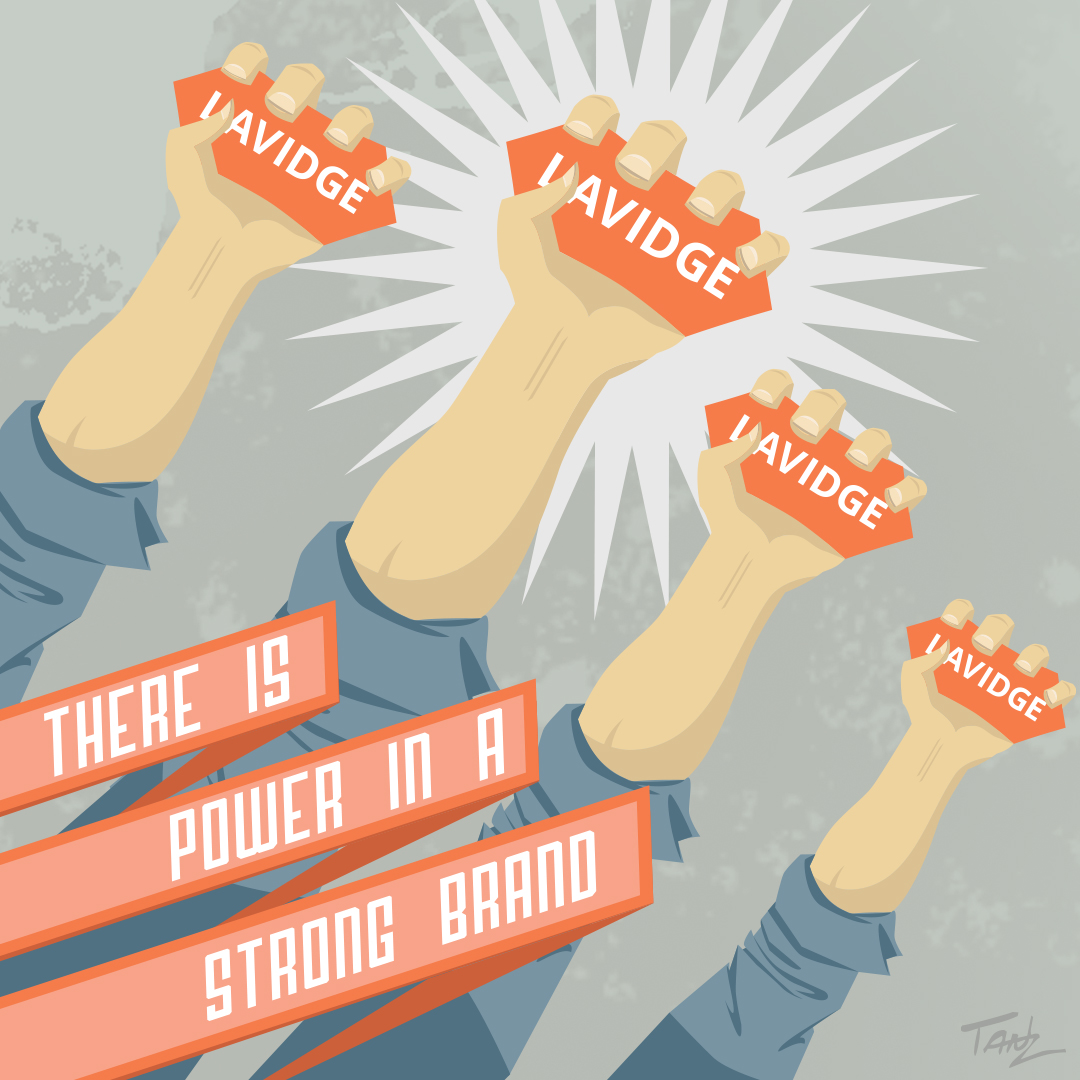Why is branding so important?
Most consumers have too many choices and too little time to make decisions. Most offerings are similar in features and quality. So, we base decisions on trust and familiarity. The canned vegetable aisle in a grocery store, for example, carries everything from Del Monte to the store brand. Price being equal, which would you choose?
Your brand is what makes your product or service stand out in the crowd of sameness. Here’s a look at the six qualities LAVIDGE has identified that make a brand successful.


